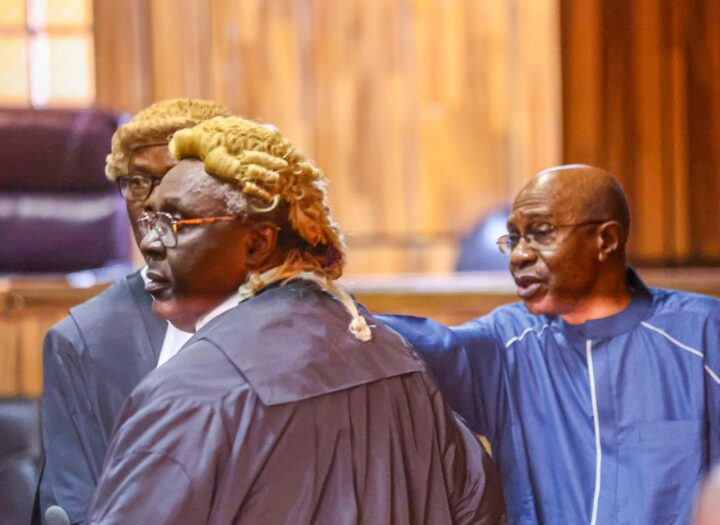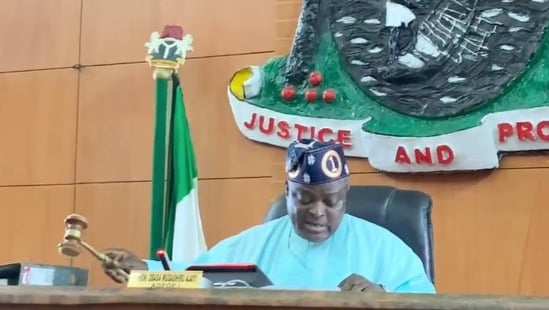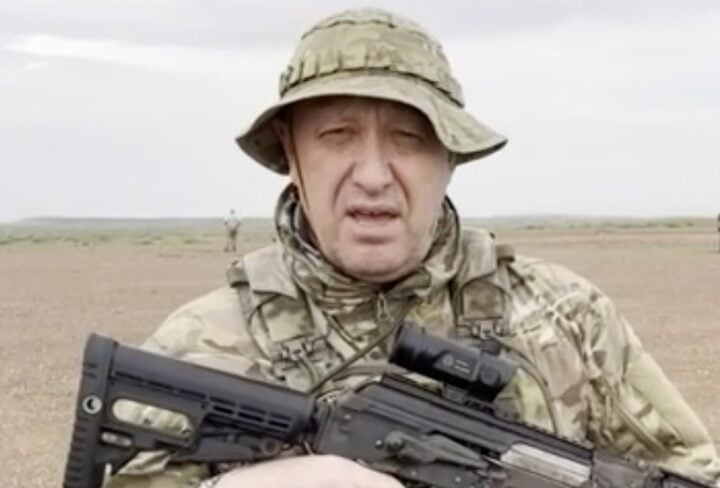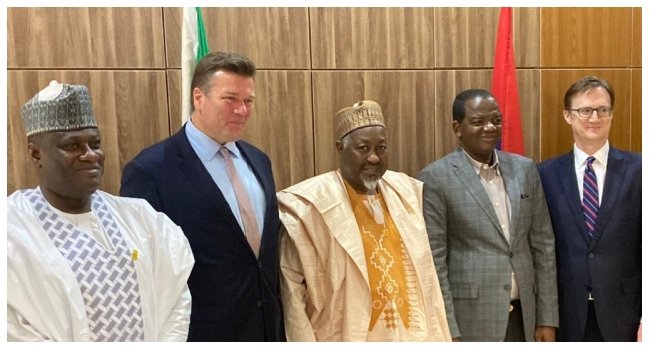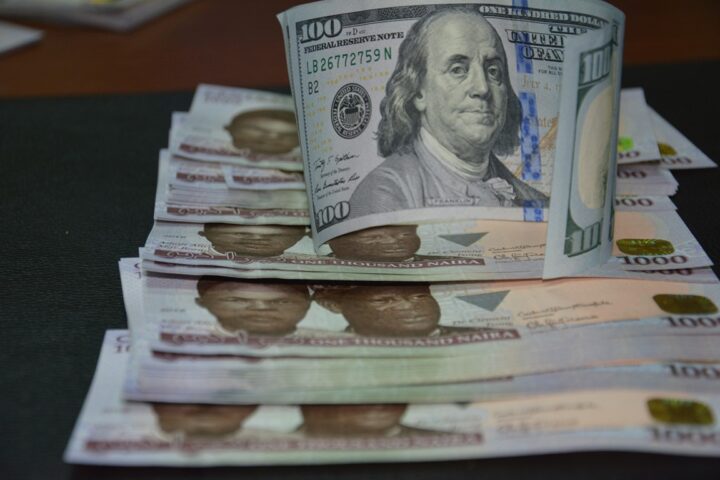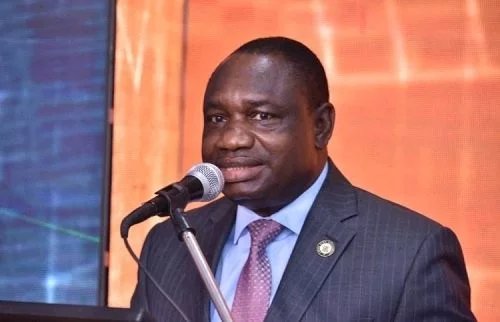Emefiele in court
Godwin Emefiele, suspended governor of the Central Bank of Nigeria (CBN), is seeking a plea bargain in the criminal suit filed against him by the federal government, TheCable understands.
The suspended CBN governor is facing a 20-count charge over an alleged conspiracy to carry out procurement fraud, among others.
He was charged alongside one Sa’adatu Yaro, an employee of the CBN, and a firm known as April1616 Investment Ltd.
The arraignment, which was initially scheduled for August 17, was stalled due to the absence of Sa’adatu Yaro, Emefiele’s co-accused.
Advertisement
The case was then adjourned to August 23.
However, at the court session on Wednesday, neither Emefiele nor Yaro was present. The case was also not listed on the court’s cause list.
According to sources, Emefiele is proposing a plea bargain agreement and the federal government is disposed to the arrangement.
Advertisement
If an agreement is reached, Emefiele will, subsequently, resign as CBN governor and “disgorge” some assets.
By the provisions of the law, the president cannot remove Emefiele as central bank governor.
Section 11 of the Central Bank Act 2007 specifies the conditions upon which a CBN governor can be removed from office.
Section 11(2)(f) empowers the president to terminate the appointment of a CBN governor. But, the “removal of the governor shall be supported by two-thirds majority of the senate praying that he be so removed”.
Advertisement
If the president cannot get two-thirds majority of the senate to remove the CBN governor, another option would be to wait until he is convicted of a criminal offence by a court of competent jurisdiction per section 11(2)(b).
However, section 11(3) of the CBN Act allows the CBN governor to resign his office by giving at least three months’ notice in writing to the president.
SUSPENDED BUT NOT REMOVED
On June 9, President Bola Tinubu suspended Emefiele and asked him to transfer his responsibilities to Folashodun Adebisi Shonubi, deputy governor, operations directorate.
Advertisement
The day after, the DSS announced that Emefiele was in its custody for “some investigative reasons”.
On July 25, he was arraigned on a two-count charge bordering on “illegal possession” of firearms at a federal high court in Ikoyi and was granted bail in the sum of N20 million.
Advertisement
Nicholas Oweibo, the judge, had ordered that Emefiele be kept in the custody of the Nigeria Correctional Service (NCoS) pending the fulfillment of his bail conditions.
But the DSS insisted that Emefiele must return to its custody — a development that led to the face-off between the secret police and prison officials.
Advertisement
After the face-off, DSS rearrested Emefiele on the court premises.
On August 3, the federal government filed an application seeking leave to appeal against the order granting bail to Emefiele.
Advertisement
However, on August 15, the federal government made an oral application to withdraw the charge of “illegal possession of firearms” against Emefiele.
Mohammed Abubakar, the director of public prosecution (DPP) of the federation, said the decision to withdraw the charge is backed by sections 174 (1) and (3) of the 1999 constitution and sections 108 (1), (2) and (4) of the Administration of Criminal Justice Act (ACJA) 2015.
On August 17, the court granted the federal government’s application and struck out the charge.
Add a comment
